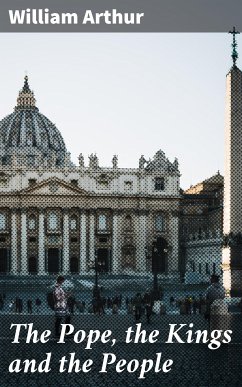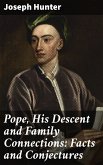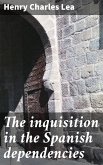In "The Pope, the Kings and the People," William Arthur presents a captivating analysis of the intricate interplay between the Catholic Church, monarchy, and the evolving landscape of society during a pivotal period in European history. Through a combination of historical narrative and critical inquiry, Arthur explores the socio-political dynamics that shaped the relationships among these powerful entities. His literary style is both accessible and thought-provoking, employing a rich tapestry of primary sources and vivid anecdotes that bring the past to life, while situating the work within the broader context of 19th-century religious and political thought. William Arthur, a prominent figure in religious and social commentary of his time, was deeply engaged with the issues of faith and governance. His own experiences in theological debates and social reform informed his perspectives on the role of the papacy in relation to emerging democratic ideals and nationalistic movements. Arthur's background in both the ecclesiastical and secular realms provides a unique vantage point from which he examines these critical intersections, elucidating the tensions and synergies that defined an era. This book is highly recommended for scholars, students, and casual readers interested in understanding the historical legacy of church-state relations. Arthur'Äôs insightful analysis offers valuable lessons on the nature of power, allegiance, and the quest for moral authority, making it an essential read for anyone seeking a nuanced perspective on how the past shapes contemporary issues.
Dieser Download kann aus rechtlichen Gründen nur mit Rechnungsadresse in A, B, BG, CY, CZ, D, DK, EW, E, FIN, F, GR, H, IRL, I, LT, L, LR, M, NL, PL, P, R, S, SLO, SK ausgeliefert werden.









